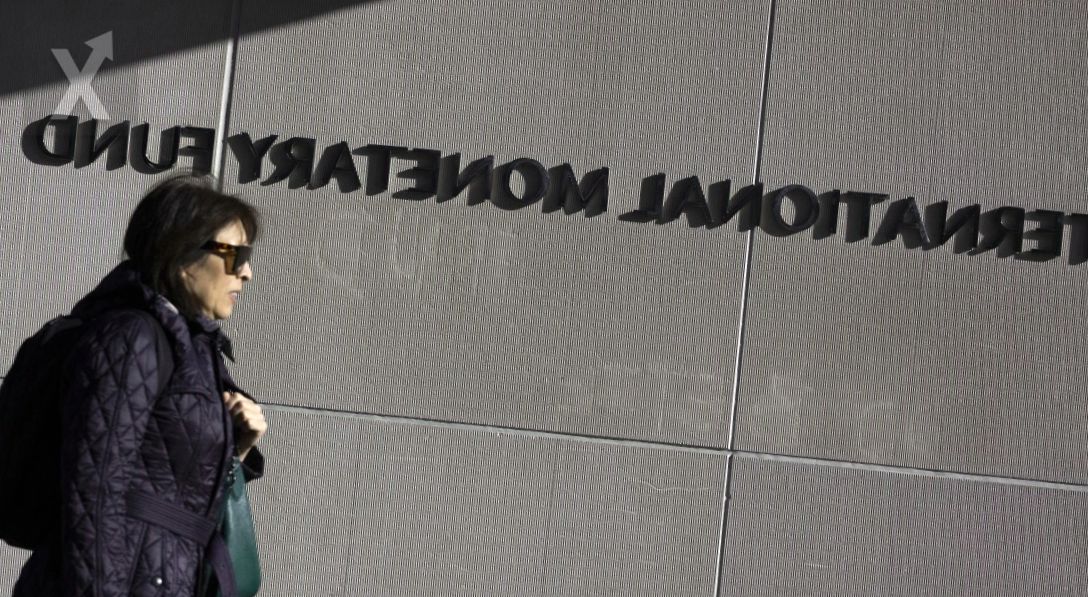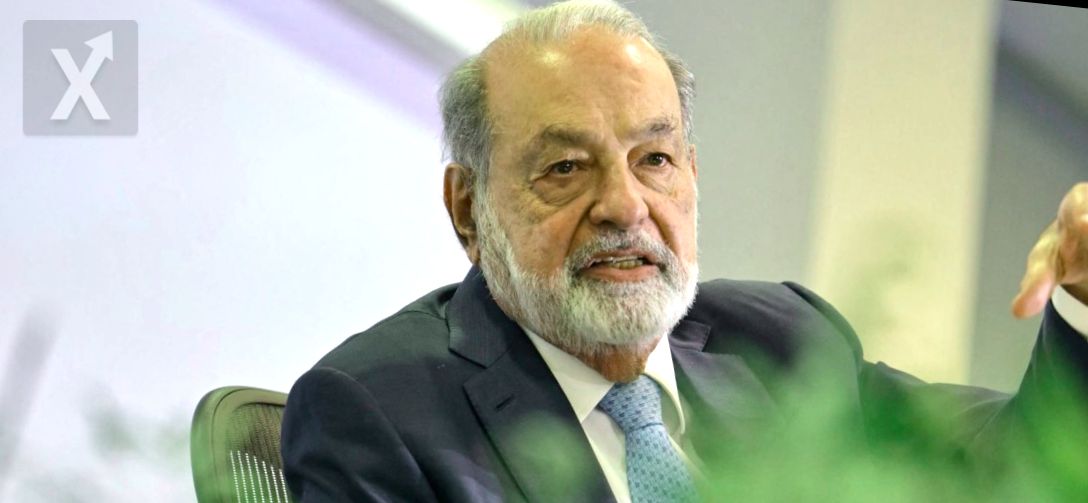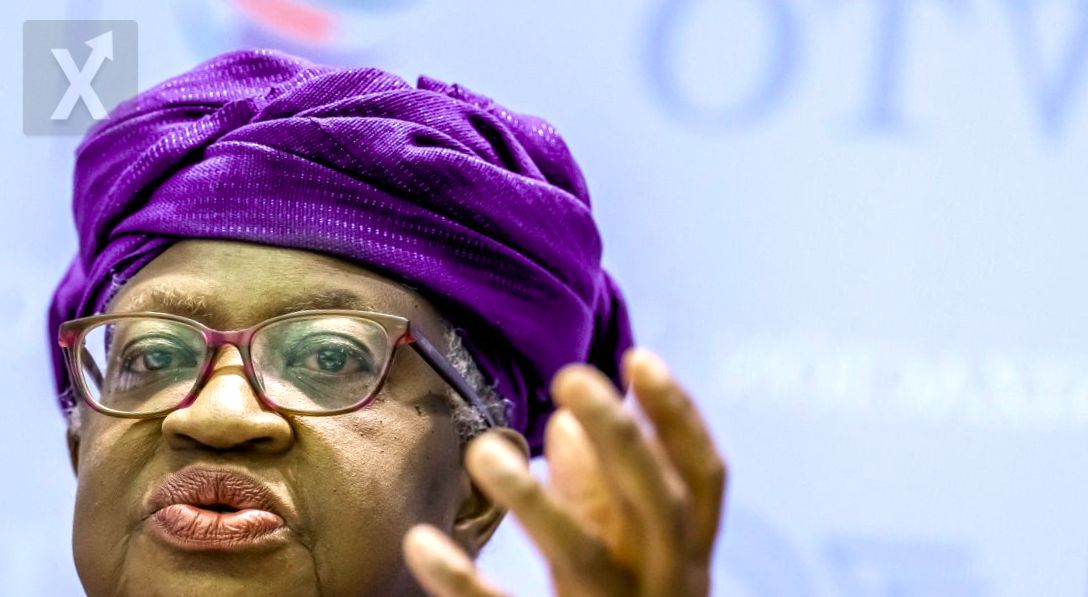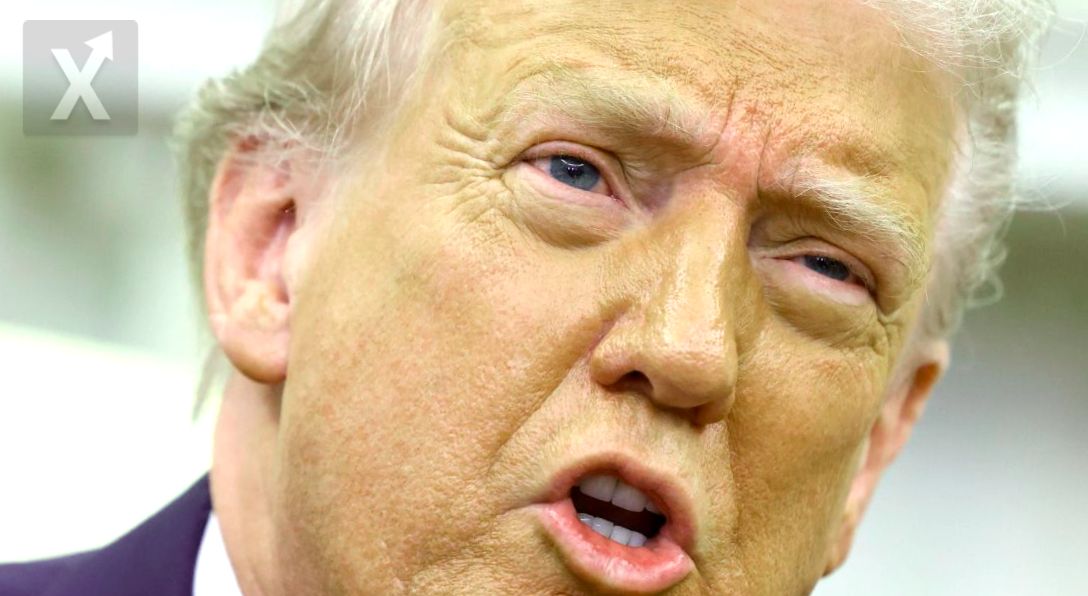The IMF Anticipates Economic Stability in 2025, Despite Trump's Tariffs

Kristalina Georgieva, the managing director of the International Monetary Fund (IMF), stated on Thursday that although the tariffs imposed by U.S. President Donald Trump will lead to a slowdown, a global recession is not expected this year.
Georgieva mentioned that her growth forecasts have been revised downward, but they do not indicate an imminent recession. She made this remark during her opening speech ahead of the spring meetings of the IMF and the World Bank, where new projections for the global economy will be released. President Trump has set a minimum tariff of 10% on all products entering the United States starting April 5, with increases of up to 145% on Chinese products, in addition to the taxes that were already in place before he returned to office. "With the recent tariff hikes, it is clear that effective rates in the United States have risen to levels we haven't seen in a long time," emphasized the IMF leader. According to various studies, existing tariffs in the U.S. are around 20%, including the latest exemptions for semiconductors and electronic goods—an apex not seen in nearly a century. Trade tensions between the U.S. and China have escalated significantly, with both nations retaliating with tariffs, and Beijing imposing a 125% tariff on American products.
Georgieva warned that this will have repercussions, as while major economies are at odds, smaller countries find themselves caught in the crossfire. She stated, "China, the European Union, and the United States are the main importers," therefore, "size matters, and their ability to affect the rest of the world is enormous." Despite the complexity of the situation, Georgieva identified opportunities as long as actions are taken wisely, proposing the construction of "a more balanced and resilient global economy" in the face of future crises. This implies that each nation must "get its affairs in order," as "there is no time to postpone necessary reforms," especially in an environment of "greater uncertainty and frequent disruptions." She highlighted the need for "firm fiscal action" to restore financial margins and follow a gradual adjustment trajectory while respecting budgetary frameworks. It is also crucial to address productivity gaps in relation to the U.S. Among her proposals, she mentioned ambitious reforms in the banking sector, capital markets, competition regulations, and intellectual property protection, as well as adapting to artificial intelligence. Countries should also address their imbalances, whether in their budgets, as is the case with the U.S. or France, or in their trade balances, as is happening with China or Germany. "At the IMF, we recognize that these adjustments are complicated, but they are essential," she stressed. In a world now characterized as "multipolar," she concluded by saying that cooperation should be the top priority, and that the IMF plays a crucial role as a "space for dialogue."
In times of economic volatility, it is essential for countries to find ways to collaborate and balance their economies. The reforms proposed by Georgieva are critical not only to address current challenges but also to foster sustainable long-term growth. Additionally, adapting to new technologies and maintaining competitiveness in an increasingly complex global environment will be key to future prosperity.





